Raising a child with understanding to help them become their best self
 16.01.2025
16.01.2025
Parenting is a journey filled with love, patience, and sometimes, many challenges. In an era where children face numerous pressures from academics, social interactions, and social media, helping them become the best versions of themselves requires not only expectations but also deep understanding from parents. Understanding is not just about listening to what your child says, but also about accompanying them, exploring their needs, and respecting what they truly require.

Understanding is the Foundation for Building a Relationship with Your Child
Understanding is the key that unlocks the door to connection between parents and children. Each child is a unique individual with distinct personality traits, interests, and needs. Instead of imposing their own desires, parents need to spend time observing and learning to recognize what their child truly needs.
Try putting yourself in your child's shoes, listening to them not only with your ears but also with your heart. When children feel genuinely cared for, they will find it easier to share their thoughts, worries, and desires. This not only helps parents understand their children better but also builds trust and a strong bond.
Teaching Children with Empathy and Patience
Empathy is the ability to put yourself in your child's place to feel what they are experiencing. Sometimes, the problems of young children may seem insignificant to adults, but they are very important in the child's world. Instead of criticizing or comparing, help your child feel that all their emotions and difficulties are respected.
Patience is also an essential element. Children need time to learn and grow, and each step they take may be accompanied by mistakes. Instead of getting angry when your child doesn't do well, see it as an opportunity for them to practice and learn how to overcome challenges. Parents are not only guides but also supporters of their children on every journey.

Encouraging Children to Develop Self-Awareness
One of the most valuable gifts parents can give their children is self-awareness. This begins by helping children understand their values, interests, and strengths. When children realize that everyone has strengths and weaknesses, they will learn to love and accept themselves.
Parents can support their children in developing this ability by asking open-ended questions, such as: "How do you feel about this?", "What made you happiest today?". Such questions not only encourage children to think deeply but also help them understand themselves and the world around them better.
Setting Realistic and Appropriate Expectations for Your Child
A common mistake many parents make is setting expectations that are too high or not aligned with their child's abilities and desires. These expectations can make children feel pressured, lack confidence, and fear failure. Instead of imposing, work with your child to set goals based on their abilities and interests.
Remember that success is not necessarily measured by grades or awards. Sometimes, a child learning to be independent, knowing how to share, or showing love is also a great success. The important thing is to help children recognize the value of effort and have confidence in themselves.
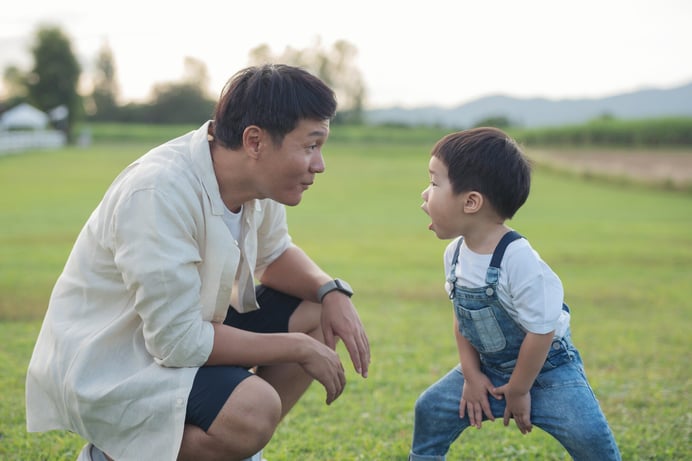
Leading by Example and Inspiring Your Child
Children learn a great deal from their parents through observation. Therefore, for children to develop optimally, parents need to be positive role models. If parents demonstrate patience, gratitude, and a spirit of learning, children will easily emulate these values.
Furthermore, sharing stories about your own journey of overcoming difficulties is also a way to inspire your child. These stories not only teach children about the importance of perseverance but also help them understand that failure is an inevitable part of life.
Raising children with understanding is not an easy journey, but it is full of meaning and value. When parents understand their children, children not only feel loved but are also equipped with positive skills and attitudes to strive for the best versions of themselves. Start with small steps: listen to your child, respect your child, and accompany your child through every challenge. Because a child's journey of growth is also a journey of learning and development for parents.


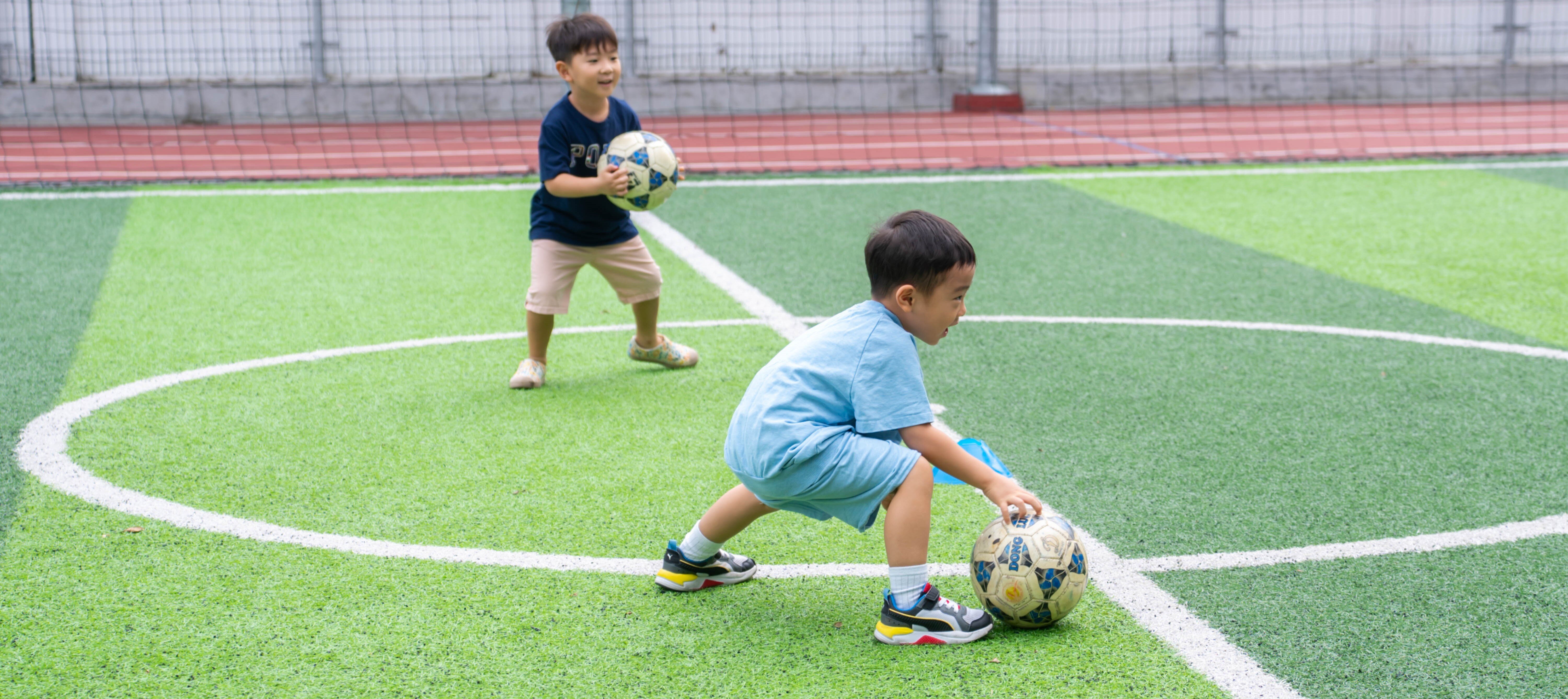

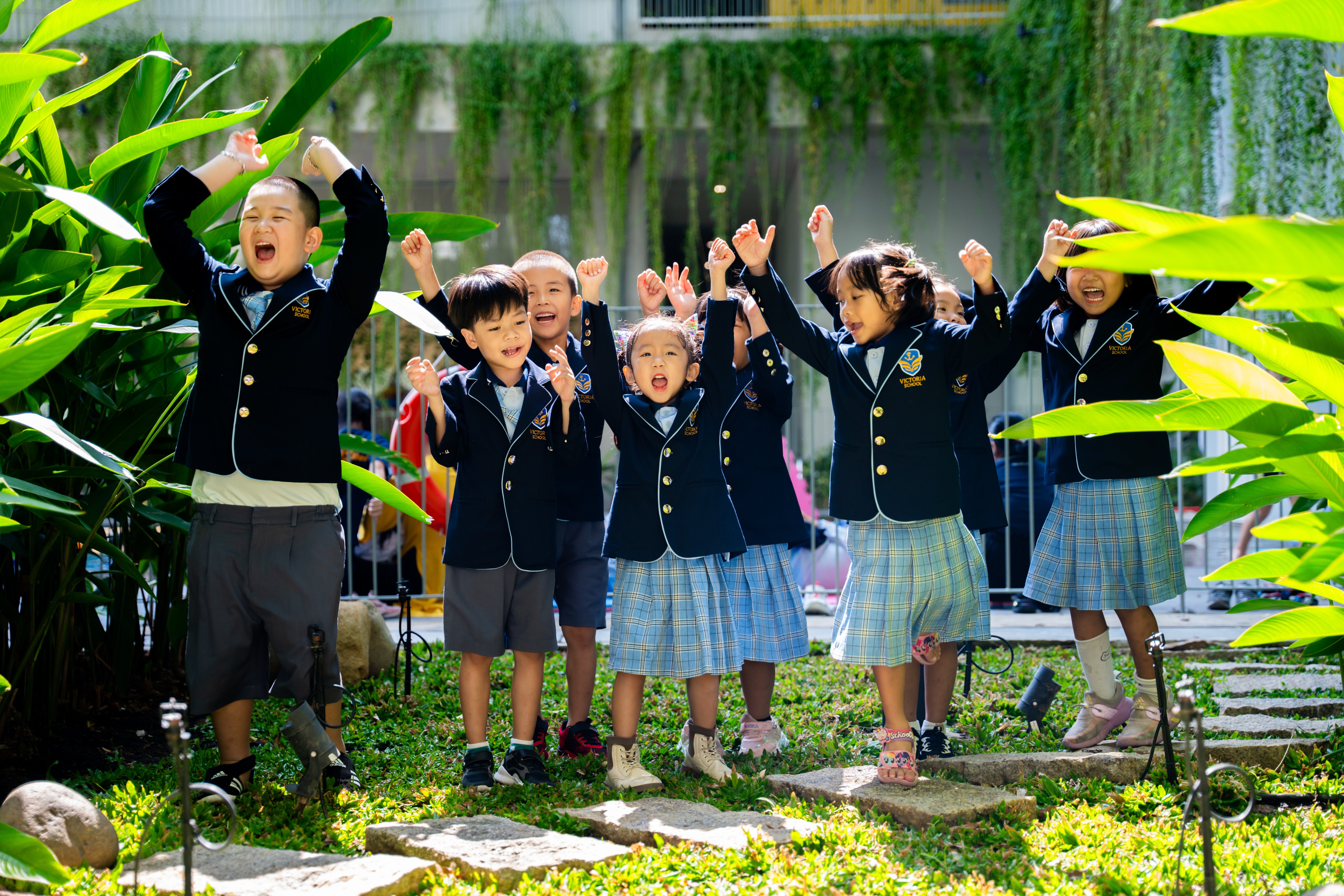
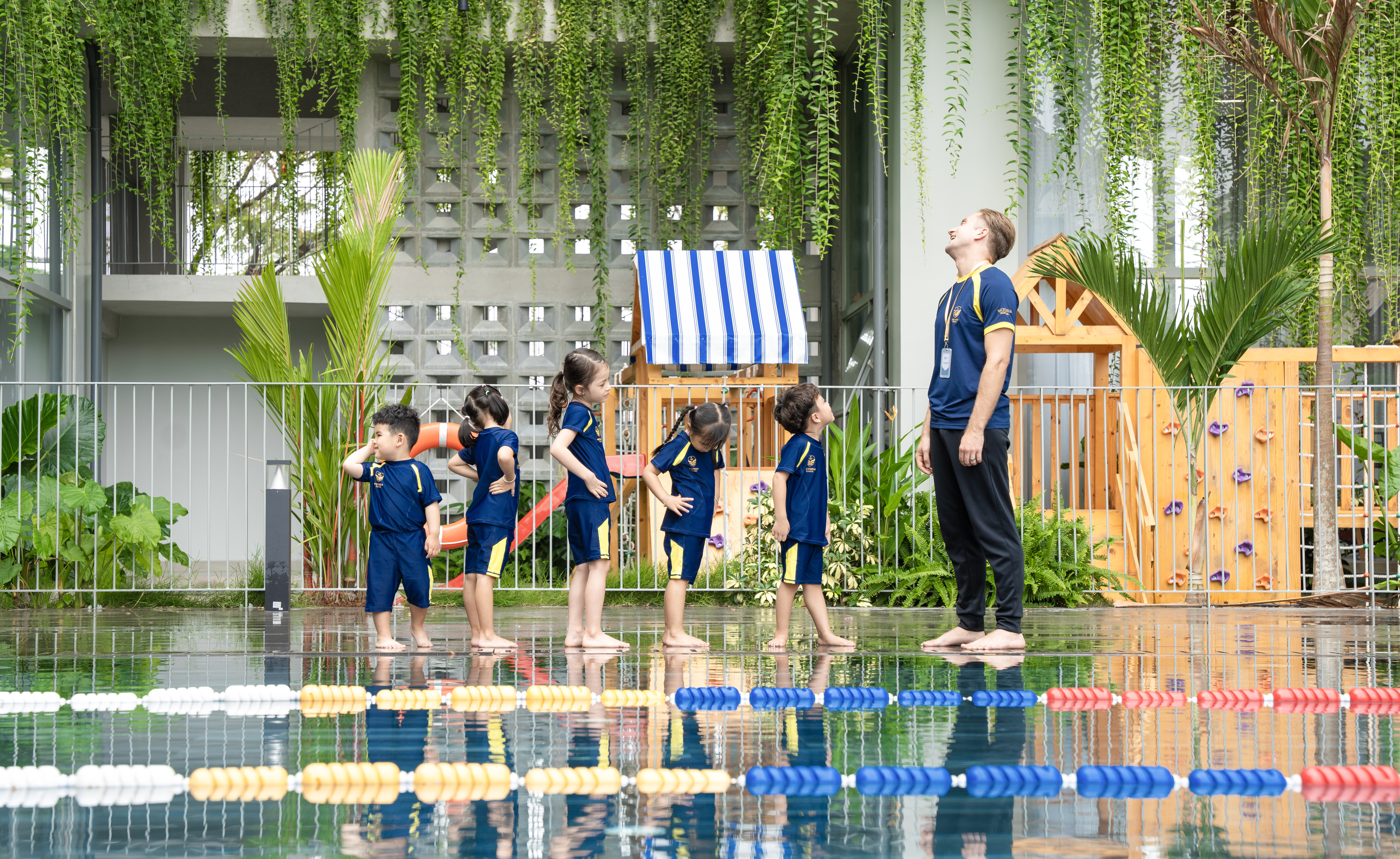
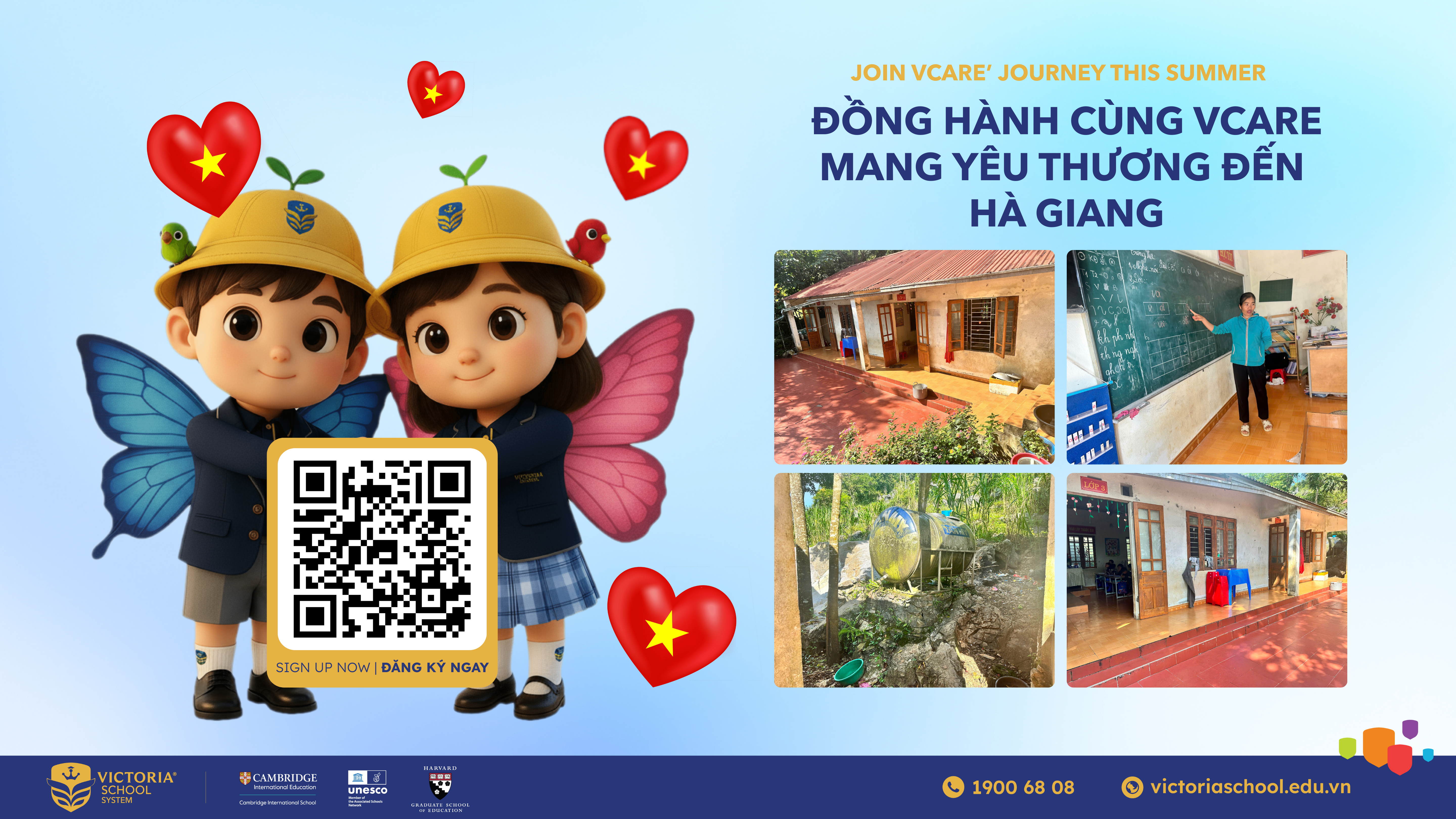

.png)



